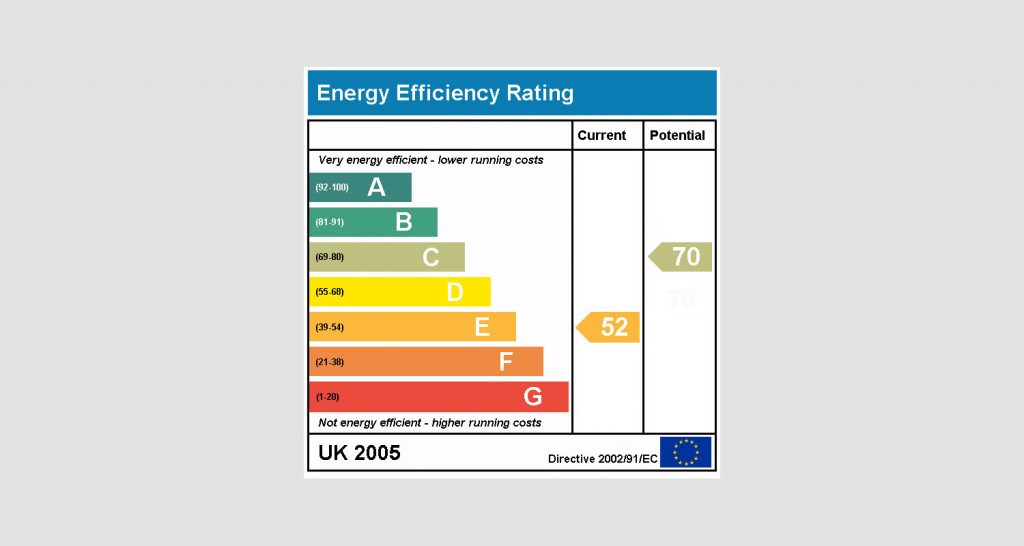As of April 2018, Properties being let to Tenants (both Commercial and Domestic Properties) must achieve a minimum Energy Performance Certificate rating of ‘E.’ If the Property achieves a rating of F or G then it is considered a sub-standard Property.
The Energy Efficiency (Private Rented Property) (England and Wales) Regulations 2015 (SI 2015/962) (MEES Regulations) are designed to incentivise landlords to make energy efficiency improvements to let property which is currently sub-standard.
This is particularly relevant if you are a landlord of a Commercial Property. From 1st April there is now an enforcement mechanism applying to all privately rented commercial buildings. The Regulations make it unlawful to grant a new Lease or to continue to Lease a non-domestic Property with an EPC rating of ‘F’ or ‘G’.
There are however several exemptions which a Landlord can claim but these must be registered on the Central Government PRS Exemptions Register:
- Consent exemption – if the landlord cannot obtain the consent of a third party (e.g. the Tenant or a Superior Landlord) to install the required improvements;
- Devaluation exemption – if the Property value would be negatively impacted by the improvement works and this has been determined by an independent surveyor;
- The other legitimate reason permitted is that all relevant energy efficiency improvements that there are for the Property have been made, even though the Property is still rated as ‘F’ or ‘G’.
If you are considering letting your Residential Property to a Tenant, you should also be aware of the Regulations. Part 3 of the MEES Regulations prohibits a landlord of sub-standard domestic property from granting a new tenancy (on or after 1 April 2018) or continuing to let the property (on or after 1 April 2020), unless either of the following apply:
- The landlord makes relevant energy efficiency improvements to the property, so that it is rated ‘E’ or above. Landlords are not expected finance the cost of improvements but to use third party resources such as Green Deal and Local authority improvement grants
- The landlord can claim a legitimate reason not to make improvements, which again must be validly registered on the PRS Exemptions Register.
It is therefore necessary to make sure your Property is above an ‘E’ rating before renting out to a Tenant. The regulations will be enforced by Trading Standards Officers and penalties will be based on the rateable value of the property for commercial properties.
Where the breach is for less than three months the fine is equivalent to 10% of the rateable value of commercial properties, subject to a minimum penalty of £5,000 and a maximum of £50,000 and £2,000 for residential properties. Where the breach occurs for more than three months, the fine is equivalent to 20% of the rateable value for commercial properties subject to a minimum penalty of £10,000 and a maximum of £150,000 and £4,000 for residential properties.

